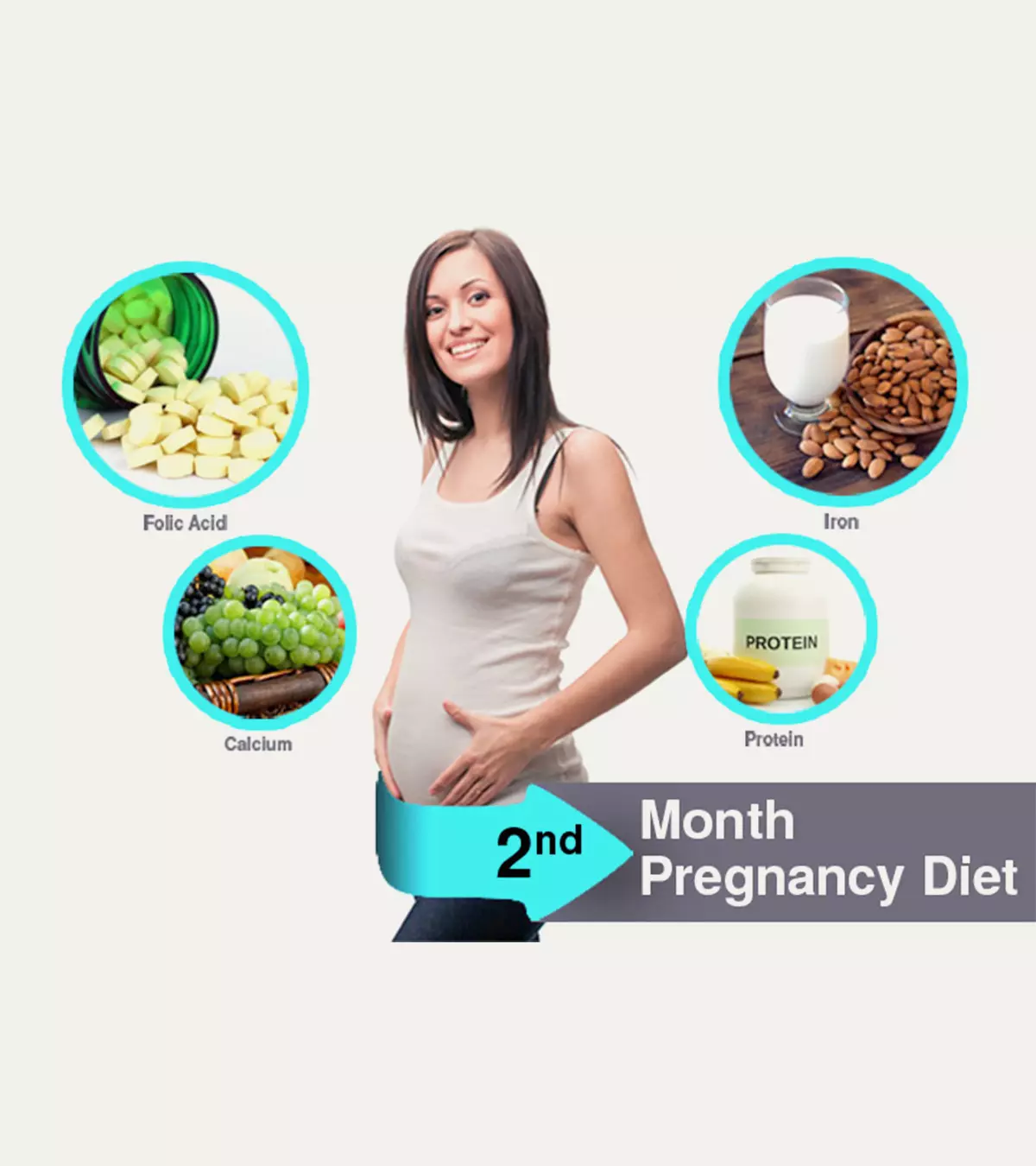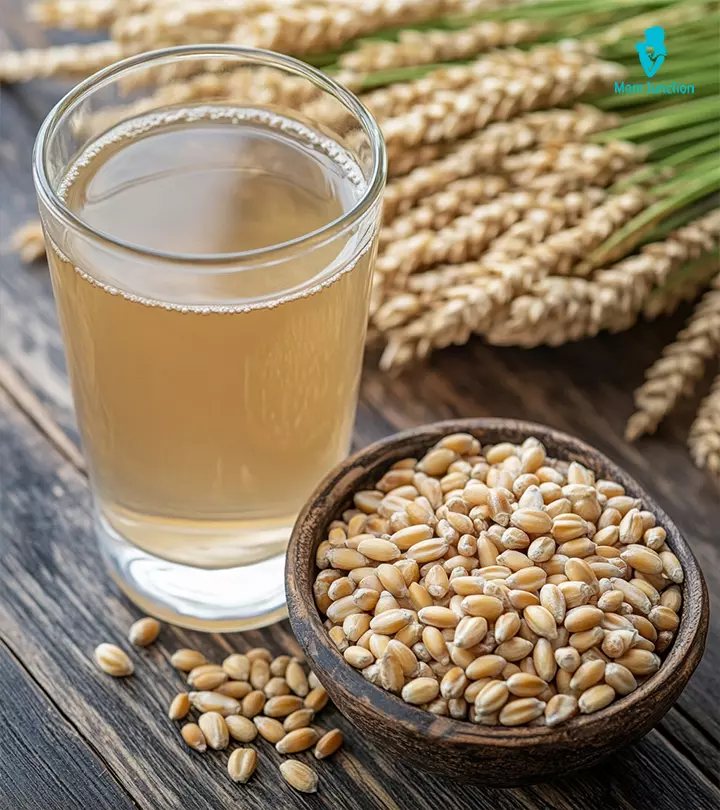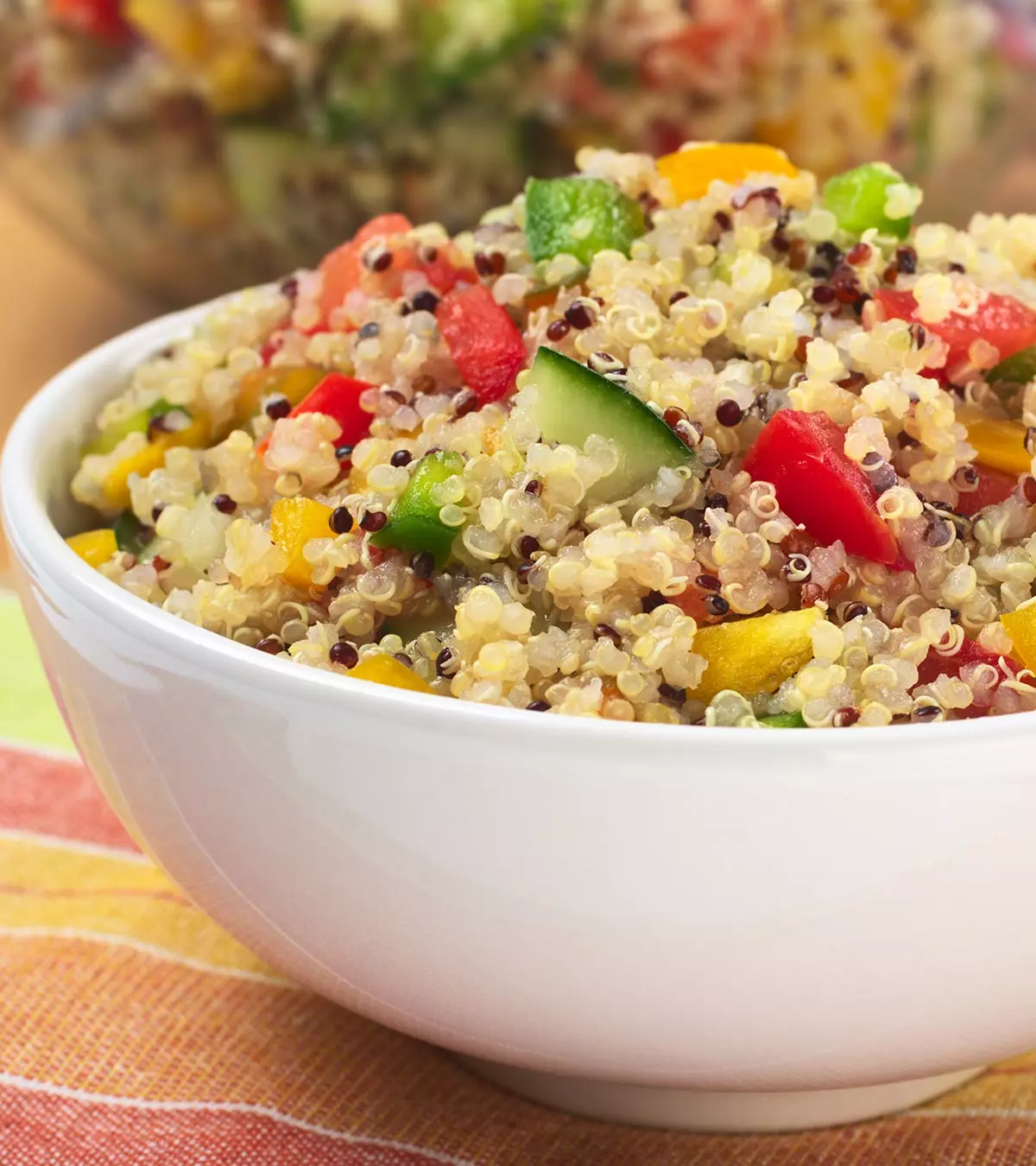
Pregnant women tend to develop a taste for specific flavors such as sour or salty food. If you have developed a liking for foods such as sauerkraut, you may be wondering whether it is safe to consume sauerkraut during pregnancy.
Sauerkraut is fermented cabbage that is typically served as a pickled side dish. It may be beneficial to consume sauerkraut during pregnancy due to its many health benefits. Besides curing the common pregnancy symptom of constipation, it can help promote healthy birth weight since it is rich in folate.
Continue reading this post to learn about whether sauerkraut is safe for pregnant women, its benefits during pregnancy, and how to make it yourself at home.
Key Pointers
- Sauerkraut is a German pickled cabbage fermented using different lactic acid bacteria.
- It is considered safe for consumption during pregnancy after a doctor’s approval.
- Regular consumption of sauerkraut can replenish vital nutrients in the body and boost immunity and digestion.
- The iron and folate content in sauerkraut can help reduce the risk of premature birth, prevent developmental defects, and low birth weight in the baby.
- Its vitamin C, probiotics, sodium, and fiber content promote tissue growth in the mother and the developing fetus.
What Is Sauerkraut?

The exact translation of the word ‘sauerkraut’ means sour cabbage. It is originally a German dish in which the cabbage is chopped and pickled. First, the cabbage is finely chopped into pieces and then subjected to lacto-fermentation using various lactic acid bacteria.
Is Sauerkraut Safe During Pregnancy?

As with anything you eat or drink when you are pregnant, it is important first to take a go-ahead from your doctor. Each pregnancy is unique, and your prenatal health and your overall health will determine whether or not you can eat sauerkraut while you are pregnant. In most cases, eating sauerkraut when pregnant is considered safe and even healthy, with various health benefits. There are no known side effects of eating the sauerkraut while pregnant but do check with your doctor first, to be sure.
What Are The Health Benefits Of Eating Sauerkraut During Pregnancy?
Sauerkraut is full of various health benefits and can provide you with some very important nutrients that are important for both you and your unborn baby (1)(2)(3).
- One cup of sauerkraut contains about 2 mg of iron. While you are pregnant, you need about 27 mg of iron each day. Eating a cup of sauerkraut daily will take care of 7% of your daily iron needs.
- Iron is an important nutrient while you are pregnant, because it helps prevent or reduce the occurrence of premature delivery.
- Having the required amount of iron also ensures that your baby does not have a low birth weight.
- One cup of sauerkraut is also rich in its folate content. Folate prevents various birth defects in the unborn baby and is recommended to pregnant women by their doctors.
- The vitamin C found in a cup of sauerkraut will help your body absorb the iron it also gets from the same food source. Not just that, it will also help to promote the healthy development of tissues for both you and your little angel.
- Eating one cup of sauerkraut daily will also provide you with 4.1 gm of fiber. Constipation is a common problem that you may face while you are pregnant, and eating a cup of sauerkraut will ensure you do not have any constipation troubles. The fiber present in sauerkraut will keep your digestion healthy and ensure you have regular and smooth bowel movements.

 Nutrition fact
Nutrition factIs sauerkraut pasteurized?
The pasteurized status of sauerkraut depends on factors like how it’s made, the processor, and the brand. Traditionally prepared sauerkraut isn’t pasteurized usually. If properly fermented, hygienically prepared, and refrigerated, it may be safe even without pasteurization (4). However, to minimize the risks of contracting illnesses, it is advised to always consume thoroughly cooked and pasteurized sauerkraut during pregnancy.
While pasteurization extends the shelf life of sauerkraut and ensures safety, it may destroy some of the beneficial probiotics and enzymes naturally present in the fermented product. It’s worth noting that sauerkraut found in supermarkets is often pasteurized. Always check the label to determine if it has undergone pasteurization before buying it from the store.
How To Make Sauerkraut At Home?

You Will Need:
- 2 shredded cabbage heads
- 2 tbsp. sea salt
How To:
- In a large bowl, mix the cabbage and the salt. Keep squeezing the cabbage and knead it with your hands.
- Once the cabbage releases its juice, place it in a vegetable fermenter. Pack it tightly till the cabbage is submerged in the liquid. Cover it and place at room temperature without disturbing it for one to six months. Once done, you can keep it in the fridge and use it within a year (5).
 Quick tip
Quick tipFrequently Asked Questions
1. Does craving sauerkraut during pregnancy predict a baby’s gender?
No, there are no studies to prove an association between craving sour foods such as sauerkraut and fetal gender.
2. Is raw sauerkraut safe during pregnancy?
FDA recommends washing raw fruits and vegetables before preparing them to prevent food-borne diseases while pregnant (6). Therefore, if you are pregnant and wish to eat sauerkraut, it is probably best to eat it cooked. Cooking sauerkraut is also a food safety precaution that can help reduce the risk of foodborne illness during pregnancy.
3. Can sauerkraut cause gas or bloating in pregnant women?
Yes, sauerkraut can sometimes cause bloating or gas. Hence, taking advice from your doctor before introducing it into your diet is advisable (7).
4. Can sauerkraut help prevent yeast infections during pregnancy?
Yes, fermented food items like sauerkraut can help balance the number of good bacteria in the body and thereby help prevent yeast infections (8).
5. Can sauerkraut help regulate blood sugar levels during pregnancy?
According to a study, sauerkraut can help regulate blood sugar levels during pregnancy (9).
6. Are there any specific brands of sauerkraut that are recommended for pregnant women?
Consider looking for organic, pasteurized varieties that are free from preservatives. If you wish to consume sauerkraut for its probiotic benefits, consider consuming partially pasteurized variants over unpasteurized ones, as the latter may contain harmful bacteria.
Fermented cabbage or sauerkraut during pregnancy is a good way to supplement your increased requirements of iron and folate. It contains probiotics that can help promote a healthy balance of gut bacteria, which can lead to better digestion. It is safe and easy to make at home and effectively addresses your salt cravings during pregnancy. When made in hygienic conditions using the right method, you can store sauerkraut for about a year. Have a cupful of this zesty preparation daily to enjoy its full range of benefits. However, talk to your healthcare provider if you feel concerned before consuming this pickled side dish.
Infographic: Sauerkraut Recipe To Follow During Pregnancy
If you’re craving something healthy and flavorful to eat during pregnancy, adding sauerkraut in moderation to your diet can help. It is a fermented cabbage food that has become famous thanks to its probiotic benefits. So, check out the infographic below for a stepwise guide on preparing sauerkraut at home.

Illustration: Momjunction Design Team
Illustration: Amazing Health Benefits Of Sauerkraut During Pregnancy

Image: Stable Diffusion/MomJunction Design Team
References
- Sauerkraut solids and liquids canned.
https://www.nutritionvalue.org/Sauerkraut%2C_solids_and_liquids%2C_canned_nutritional_value.html - Eunah Park et al.; (2012); Intakes of Iron and Folate and Hematologic Indices According to the Type of Supplements in Pregnant Women.
https://www.ncbi.nlm.nih.gov/pmc/articles/PMC3572799/ - Christa Raak et al.; (2014); Regular Consumption of Sauerkraut and Its Effect on Human Health: A Bibliometric Analysis.
https://www.ncbi.nlm.nih.gov/pmc/articles/PMC4268643/ - Abigail Snyder et al.; Manufacture of Traditionally Fermented Vegetable Products: Best Practice for Small Businesses and Retail Food Establishments.
https://www.foodprotection.org/files/food-protection-trends/jul-aug-20-snyder.pdf - How to Make Sauerkraut.
https://extension.psu.edu/how-to-make-sauerkraut - Fruits, Veggies and Juices – Food Safety for Moms to Be
https://www.fda.gov/food/people-risk-foodborne-illness/fruits-veggies-and-juices-food-safety-moms-be - Probiotics
https://my.clevelandclinic.org/health/treatments/14598-probiotics - Preventing Vaginal Yeast Infections With Lifestyle and Diet Changes.
https://intermountainhealthcare.org/blogs/preventing-vaginal-yeast-infections-with-lifestyle-and-diet-changes - Tzu-Rong Peng et al; (2018); Effect of probiotics on the glucose levels of pregnant women: A meta-analysis of randomized controlled trials.
https://www.ncbi.nlm.nih.gov/pmc/articles/PMC6262566/ - Sauerkraut, canned, solids and liquids.
https://fdc.nal.usda.gov/food-details/169279/nutrients
Community Experiences
Join the conversation and become a part of our nurturing community! Share your stories, experiences, and insights to connect with fellow parents.
Read full bio of Jyoti Benjamin
Read full bio of Ria Saha
Read full bio of Swati Patwal
Read full bio of Lorraine Teron





















